📌Do We Reveal Ourselves—or Become Ourselves?
📌Nature, Nurture, and the Stories We Tell.

I keep coming back to a line from the excellent David Mamet film House of Games (1987):
“You can’t make someone into a whore if she weren’t a whore to begin with.”
It’s brutal. Misogynistic.
But—is there something in it worth wrestling with?
Do people turn bad, or were they always that way?
Do we become ourselves, or merely reveal ourselves?
Essentialists believe people are born a certain way—good or bad, strong or weak, prone to vice or virtue—and that circumstances simply bring those qualities to the surface. It’s an old idea. Plato touched on it. Many fundamentalist Christians lean heavily toward essentialist thinking.
Take Original Sin (from St. Augustine): the belief that all humans are born sinful because of Adam and Eve’s transgression. That’s essentialism. You’re born flawed.
But that view ignores the shaping force of environment, trauma, and opportunity.
The counterpoint is Social Constructivism: the idea that people become who they are through experience—family, culture, power structures. In this view, a person “turns bad” because they’re mistreated, cornered, or left with no other option.
A Constructivist would say Mamet’s character is ignoring context: the pressures, abuses, and systems that push people into choices they wouldn’t otherwise make.
I’m leaning toward “probably both.”
It’s an easy way out, sure—but most honest thinking lives in the gray space.
People have tendencies. But they’re also shaped.
A person may have a seed of greed, cruelty, or just raw survival instinct—but it’s the soil of their experience that allows it to grow… or wither.
Recently, I showed my students in Advanced Script Analysis class the Ingmar Bergman film Shame (1968). There’s only one film I’ve seen more times than Shame — Airplane! (1980).
In Shame, Jan—played by Max von Sydow—begins as a passive artist, a former musician living in rural exile with his wife Eva (Liv Ullmann), trying to stay uninvolved in a civil war.
He doesn’t want to take sides. He’s withdrawn. Childlike.
You could call him fragile, idealistic, or cowardly—depending on your view of the world.
No, he’s not admirable. But he’s far from a monster.
He wants safety without responsibility. You get the sense he’s been coddled by privilege and culture.
Then the war gets closer.
Soldiers arrive. Their home is raided. They’re interrogated, violated, humiliated.
Jan can no longer hide behind neutrality.
And he transforms.
First, he starts making morally questionable choices to survive. He kills. He lies. He trades favors.
Then he starts blaming Eva. Becomes controlling. Cruel.
By the end, he’s a cold, paranoid figure—unrecognizable from the man we met.
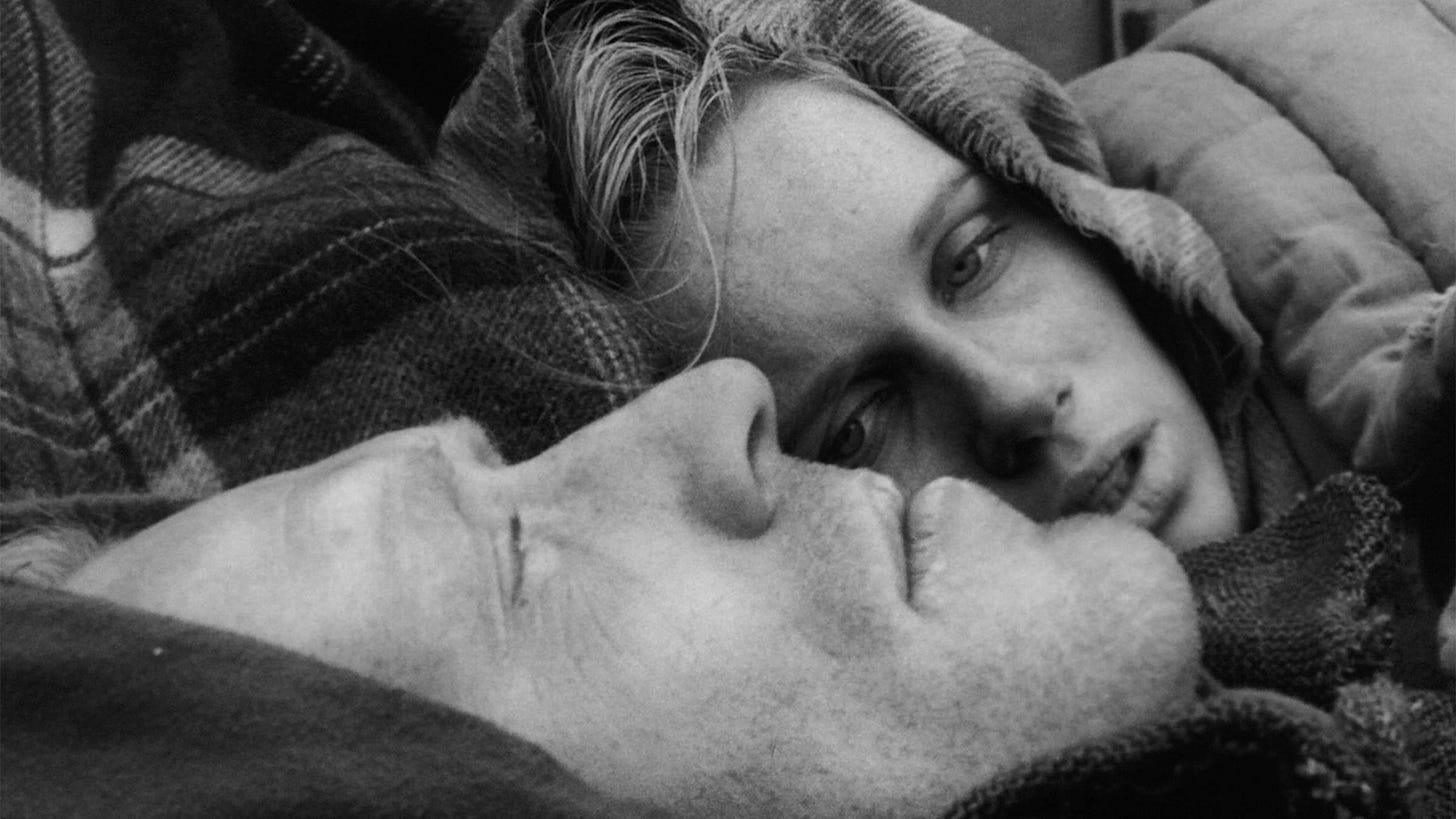
I keep thinking:
How much pressure does it take to crack a personality?
And what leaks out when it does?
If you take the Essentialist view, you could argue Jan was always weak and self-serving. The war didn’t change him—it stripped away the polite mask.
His early passivity wasn’t idealism. It was cowardice.
His art? A shield.
Underneath, he was already a narcissistic survivalist.
The war just gave that part of him permission.
But if you’re a Constructivist, then the cold, cruel world did this to him.
Trauma warped him.
Humiliation shattered his identity.
War turned a gentle man into something brutal—not because he always was that way, but because people adapt, sometimes horribly.
This view is more tragic—and arguably more in line with Bergman’s own.
He doesn’t condemn Jan. He shows how ordinary people fracture under pressure.
But with all my love and respect for Bergman, I’m not sure I agree.
Maybe the real question isn’t:
Was he bad? Or made bad?
But:
What part of him was waiting for permission to emerge?
Jean-Jacques Rousseau believed in the “noble savage”—that we’re born good, and society corrupts us.
John Locke thought we’re born neutral (tabula rasa), and shaped entirely by experience.
I think they both erred.
Yes, their arguments are elegant. Both are hopeful in their own way.
But both flatten the terrifying complexity of being human.
I’ve seen siblings raised with the same values become opposites—one generous, one exploitative.
I’ve seen people with every advantage grow bitter and cruel.
And I’ve seen people from violent, unstable beginnings grow into the gentlest, most stable souls I know.
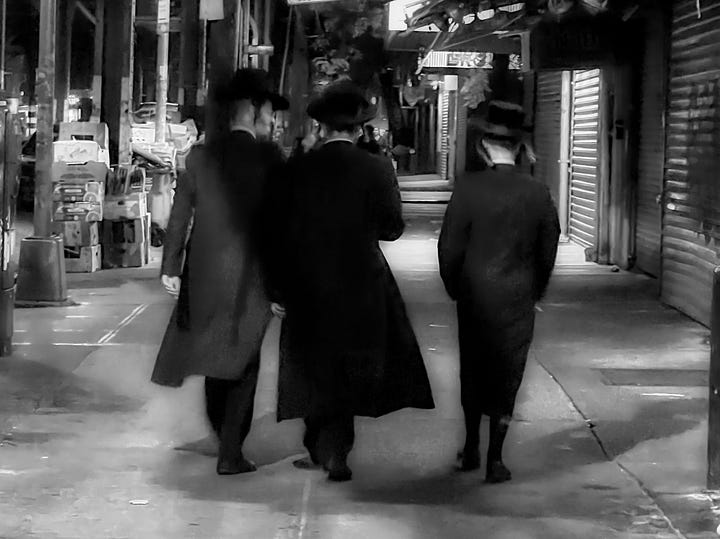
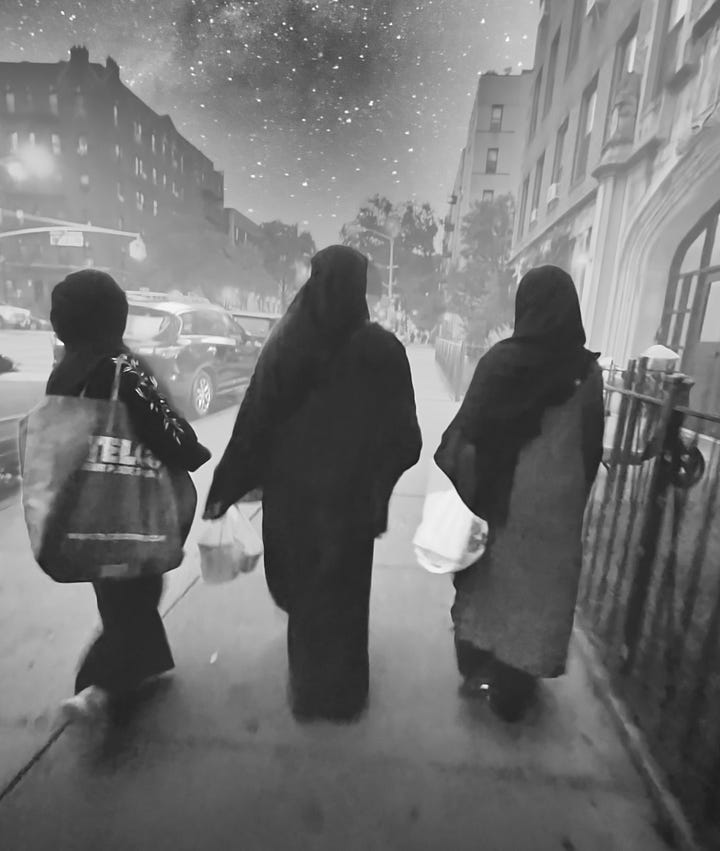
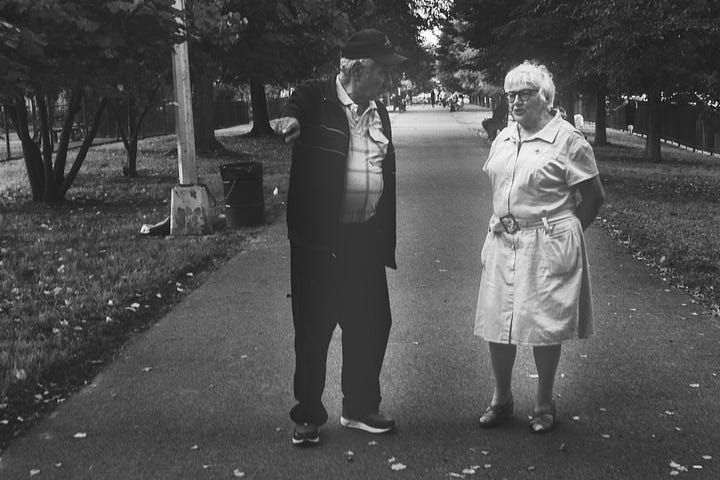
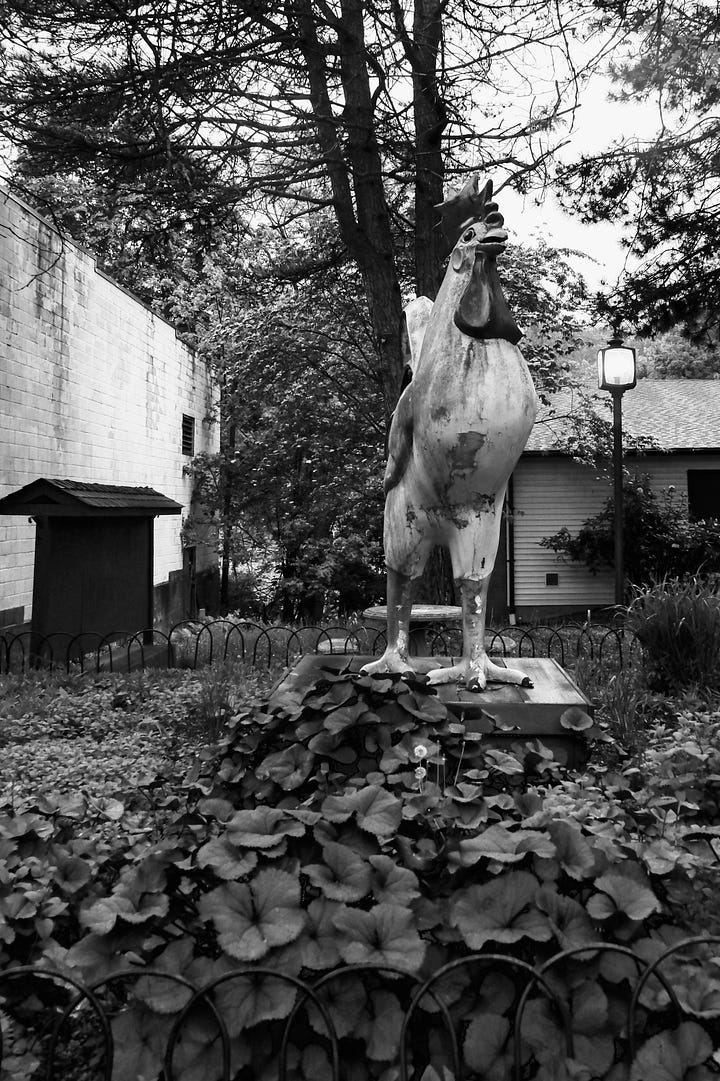
There are temperaments, instincts, shadows, and hungers that seem baked in—fucking mysteriously so (pardon my Danish).
Ask anyone who’s worked with children—or adults in crisis—and they’ll tell you:
We’re capable of selfishness, cruelty, manipulation before any system teaches it.
Yes, society distorts us.
But it also restrains us.
It teaches empathy. Delays gratification. Channels chaos.
If we were blank slates, experience would explain everything.
It doesn’t.
Steven Pinker wrote a whole book about this: The Blank Slate: The Modern Denial of Human Nature.
But here’s where I land:
Maybe we’re neither blank nor good.
Maybe we’re loaded decks, full of conflicting cards.
We have instincts for cooperation and conquest.
We carry seeds of gentleness and aggression.
What we become depends on which parts get nourished, triggered, or given permission.
Walt Whitman was right.
Do I contradict myself?
Very well then I contradict myself,
(I am large, I contain multitudes.)
And so was Zimmy. Come to think of it—Zimmy has always been right.
Pink petal-pushers, red blue jeans
All the pretty maids, and all the old queens
All the old queens from all my past lives
I carry four pistols and two large knives
I’m a man of contradictions, I’m a man of many moods
I contain multitudes.
📌 What do you think?
Are we forged by experience—or revealed by it?
What part of you might still be waiting for permission to emerge?
Thanks for reading and being a subscriber. You support makes me a better person.
‘Til next time.
ak




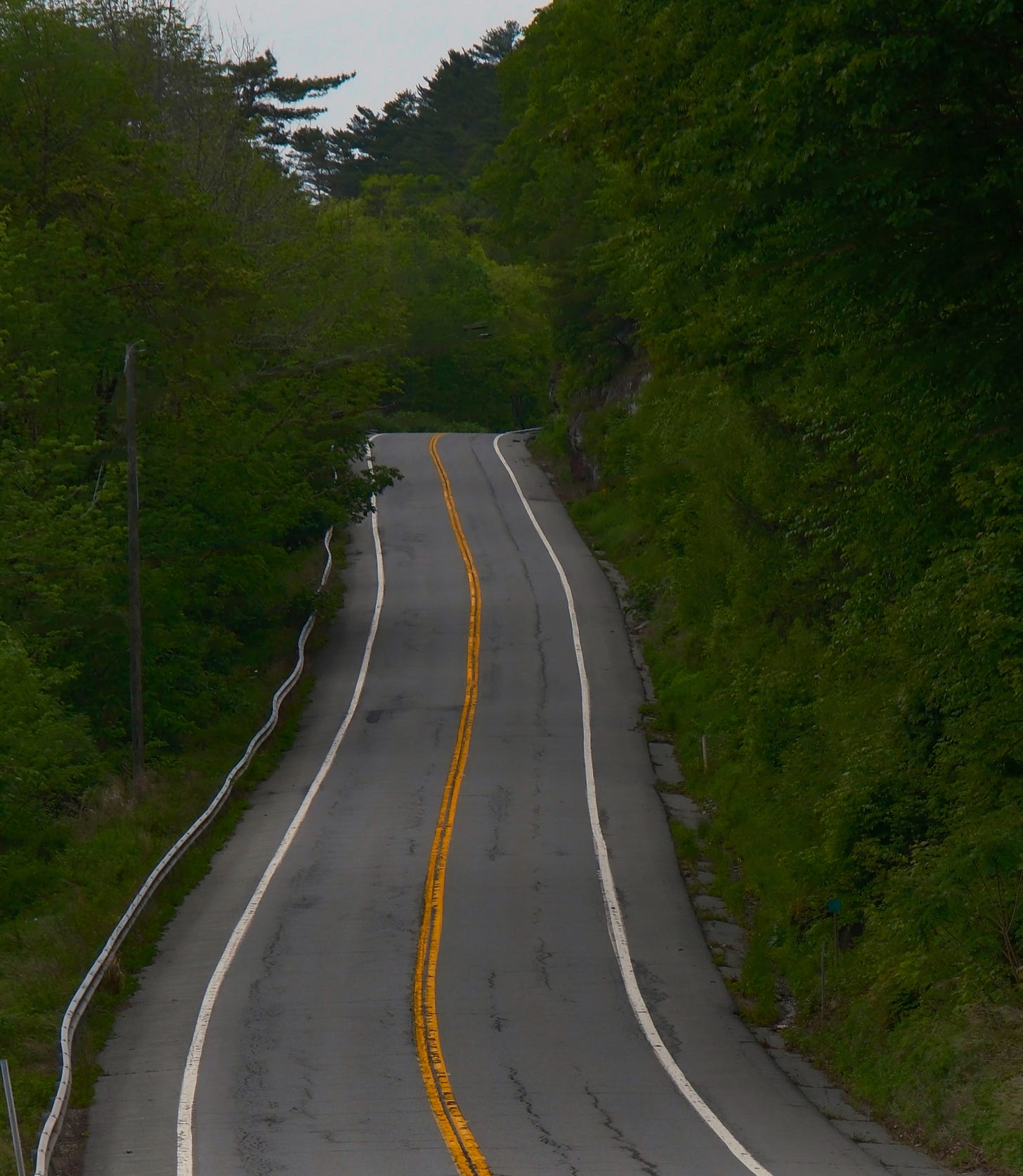

Interesting post. It’s the age old nature vs. nurture debate. - It sounds like a cop out, but I do believe it’s a combination of both. Nothing exists in isolation. It’s yin & yang. We are complex creatures with a multitude of possibilities.
I'd like to believe we all begin with a blank slate. But, our biology still not greatly understood. Endorphins, genetics, schooling, parents, siblings, aunts, uncles, mates, enemies, and so much more of the unknown which could possibly play a part in all of this. Nature vs nurture?